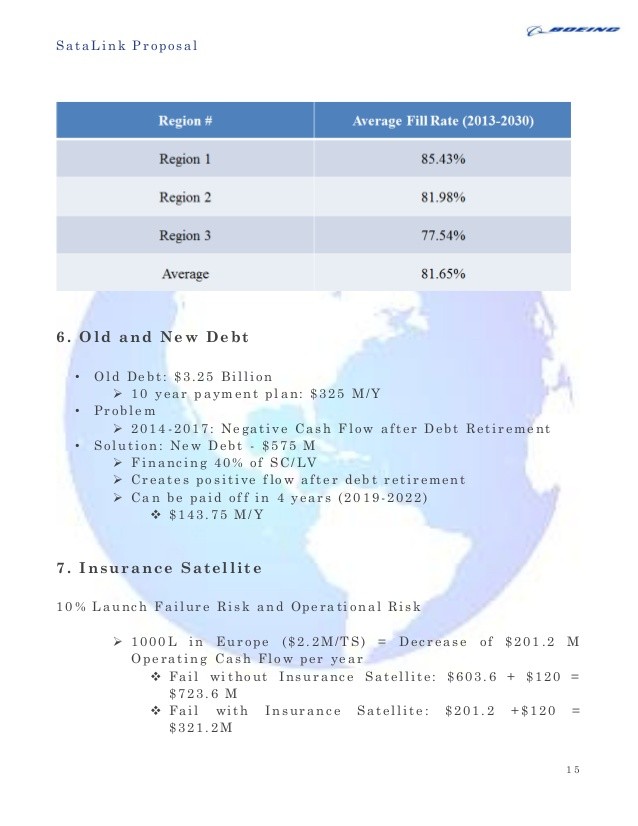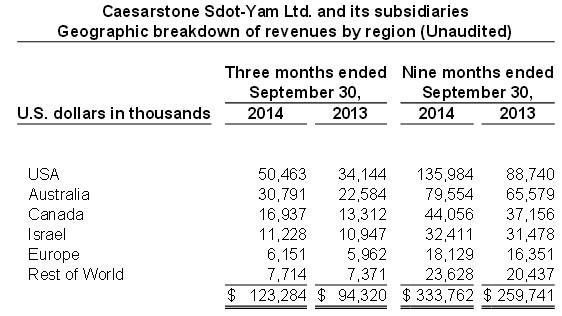Investors You Are Responsible For Your Investments
Post on: 16 Март, 2015 No Comment

Investopedia 1/26/2015 Brian Bloch
Provided by Investopedia
Customer participation is an important element of marketing. It is applied to various products and services, such as computer hardware and software, music lessons, self check-in at airports and weight-reduction programs. There is indeed a very clear need for the customer to contribute not only information, but to perform some of the actual work in procuring or using the product or service. These processes provide useful insights into the investment process, particularly on the selling side. But buyers can also learn how to integrate themselves into the process to their own advantage.
When it comes to the investment industry, customers have duties and responsibilities. Sellers of investment products tend to support this notion. After all, it implies that investors are responsible for their decisions and choices. However, in the investment industry, a large proportion of clients are either unable or unwilling to participate much, if at all. In this article, we will take a look at what can realistically and fairly be expected of investors.
How Can Investors Participate?
Certainly, experienced clients can and should actively provide their brokers and banks with full information on their risk profiles, time horizons, objectives, full asset portfolio and so on. However, conventional investors will generally only reveal what is asked. It would not occur to them to specify all these criteria. Furthermore, the information they provide may not always be accurate and the investor may not even fully understand what is being asked.
Consequently, most customers can participate in the process to some degree, but they will not do so unsolicited and the information and participation isn’t always reliable or competent. In the vast majority of cases, the onus still falls fairly and squarely on the seller.
There are also investors who do not want to participate and have every right to let the seller do virtually everything for them. It is not uncommon for people to have a fear and loathing of money matters and finance. They should be able to rely on the seller to a very substantial degree. After all, that is what discretionary fund management arrangements are for. And then there are those who cannot offer much, even if they want to. People in poor health, those with disabilities or these who possesses low levels of education are not in a position to help their brokers much. The general public’s lack of financial literacy is legendary, such that many investors may not feel comfortable directing their own investments without guidance.
The Benefits of Participation
When investors are able and willing to participate in their investments, there is a lot to be gained on both sides of the market. The seller is able to find out what the buyer really wants and needs, and can then cooperate in developing and maintaining an optimal portfolio. In theory, buyers can ensure that they are getting what they want and need too. In the complex and remarkably multifaceted world of investment, a joint-venture approach just makes sense.
The ideal investment situation is in fact a symbiotic cooperation between a reasonably sophisticated investor, and an objective, honest broker or advisor. Being able to bounce ideas off one another is a huge advantage. Furthermore, the broker should be able to prevent the investor from letting his or her emotions get in the way of good decision making. In such instances, the phrase two heads are better than one definitely applies.
However, too many cooks can spoil the broth also applies. This occurs when the investor and broker do not work well together, or when an investment situation gets overloaded and too complicated through, for instance, the combined and sometimes contradictory input of the investor, the broker. the investment company, an analyst and so on. In other words, customer participation can make things messy and slow in some instances.

Particularly with respect to monitoring the markets and investments, participation is indispensable. Human nature being what it is, the harshest reality of the investment world is that no one cares about your money the way you do. The nicest and most conscientious broker in the world is psychologically not in a position to feel the way you do about your own money.
This means that you should always keep an eye on things, and alert your money managers to any developments that seem important, both good and bad. It is not realistic to leave this totally, or even largely, to other people. Many people do, and there is often no other option, but the fact remains that it is not optimal. In other words, do not expect your broker to call you if there is an article in the newspaper suggesting that some investment may be in for a rough ride. But you can, and probably should, call him.
The Integrity of the Seller
Apart from the limitations on the buyer side, the benefits of participation are always subject to one fundamental condition: that the seller really has the buyer’s interests at heart. If the former just wants to sell what brings in the most money, two things can happen. Either the broker deliberately limits the participation to the desired information, or he or she manipulates the process simply to cover legal and statutory tracks.
In short, there is no real joint input, and the seller makes sure that things are done his way. If the investment turns sour, the finger will then be pointed at the allegedly active role played by the investor. As with all aspects of the investment process. participation has to be genuine and appropriately motivated on both sides.
The Bottom Line
Ideally, all investors should get involved in the money management process. Given the conflicts of interest inherent in the investment industry, as well as the rampant mismanagement and scandals, the more you know and do yourself, the better. This knowledge should be converted into a sensible degree of active participation. Doing too much is excessively onerous and can interfere with good management, but leaving things totally to brokers and firms can be dangerous too.














